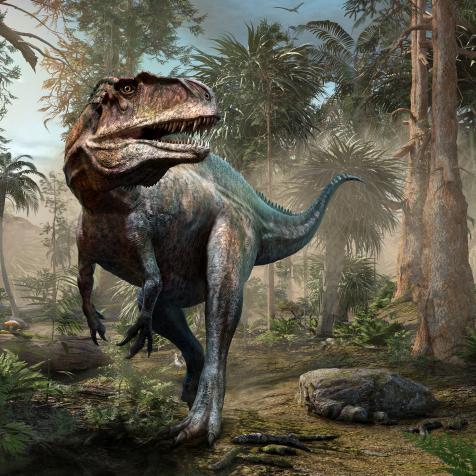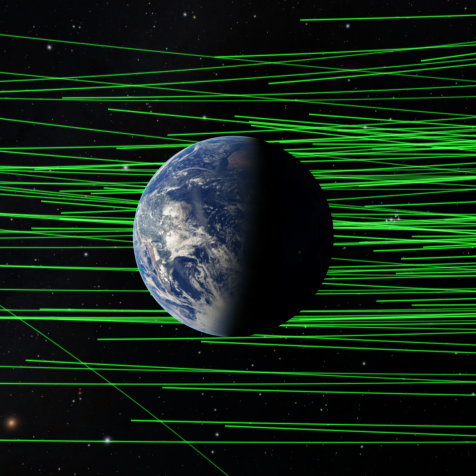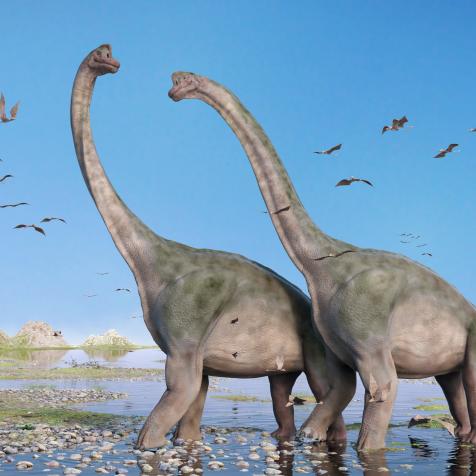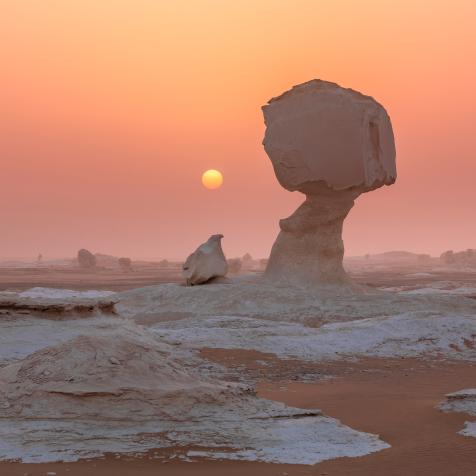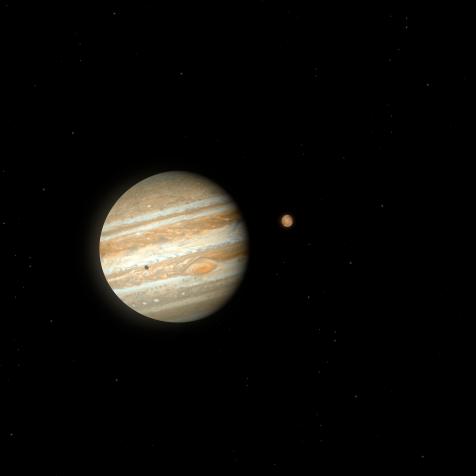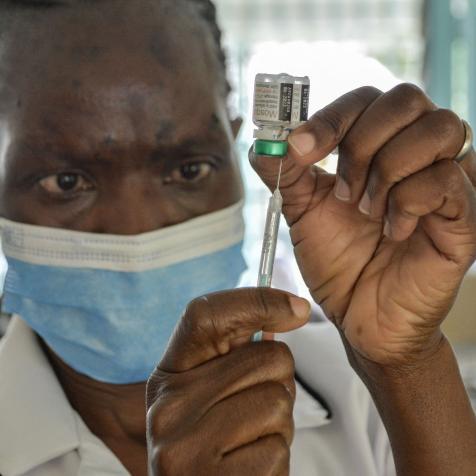
ra2studio
How to Save Humanity from Extinction

Here are some goals we need to achieve if we want to reach our 500,000th birthday as a species.
Modern humans have only existed for a relatively brief amount of time, and presumably we’d like to stick around a lot longer. But how can we do that?
1. Figure out climate change:
The Earth’s climate has changed and shifted for millions of years. There have been times in the past when it’s been hotter than it is today, and times when it’s been cooler. But there is something different about the past century. As far as we can tell from the geologic record, there has been no time in Earth’s entire history when the climate has warmed so much in such a short amount of time. And we can see the effects of climate change everywhere: more frequent and more severe extreme weather events like tornados and hurricanes; droughts increasing; more varied weather, with seasons beginning to lack regularity; increased glacial melting and sea level rises. While climate change doesn’t necessarily pose an existential threat to human existence, it surely poses a threat to how we like to live our lives in modern society.
2. Figure out nukes:
Again, a single nuclear weapon doesn’t pose a threat to all of humanity, but the thousands of warheads in the world right now certainly do. But as time goes on, the chances of one nuclear detonation increases. Just consider all the “near misses” in recent history, where all-out nuclear war was averted thanks only to the quick thinking and cool headedness of solitary individuals. We can only try our luck for so long. And one accident or mishap can lead to larger scale nuclear conflict (in the aftermath of a single explosion, it’s difficult to tell if it was a rogue actor or an act of war). We need to disarm as much as possible to reduce the risk of catastrophe.
3. Figure out asteroids:
If you want to know the dire consequences for ignoring space-borne threats, just ask the dinosaurs how well it worked out for them. Asteroids and comets have the ability to trigger massive extinction events, wiping out vast numbers of entire species. While these kinds of events are thankfully incredibly rare, the risk they present are dire. For humanity to make it to the long-term, we need to equip ourselves with robust asteroid detection and mitigation strategies (NASA’s recent DART mission is a great place to start).










